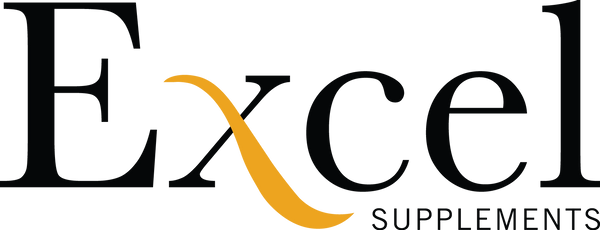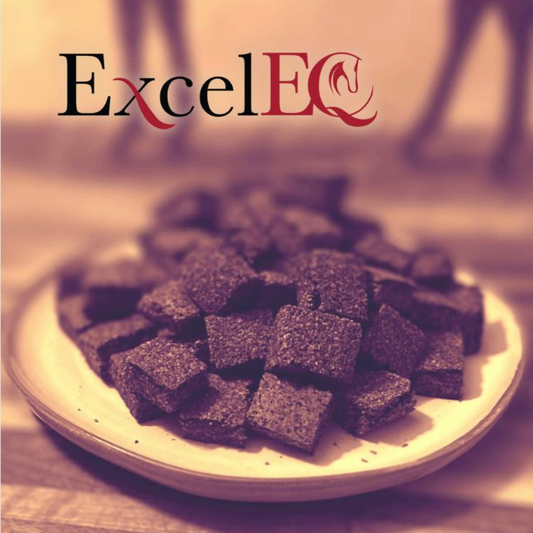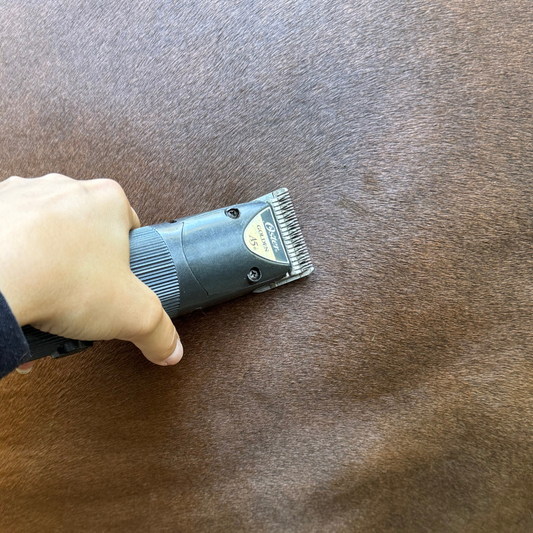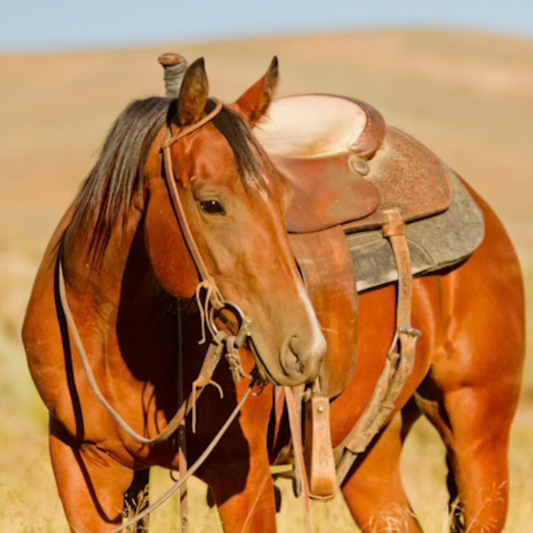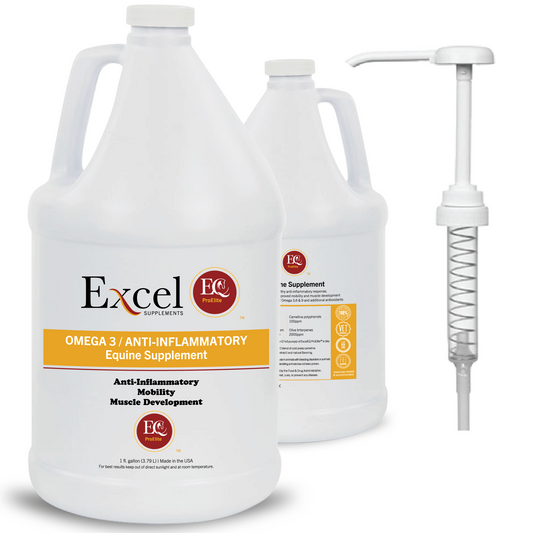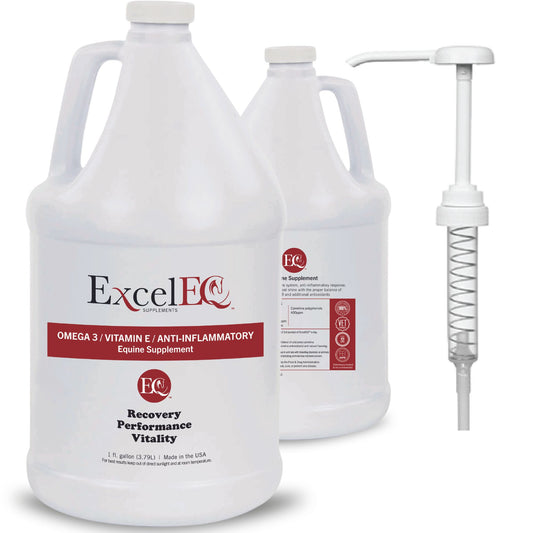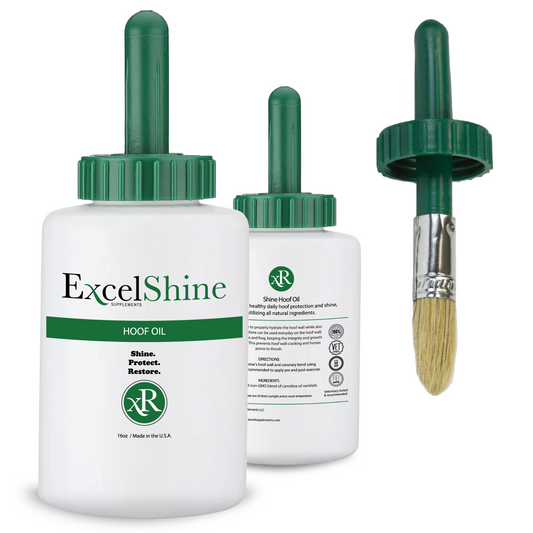Winter Nutrition for Horses: Maintaining Health
Share
Understanding Winter Nutrition Challenges for Horses
Winter brings unique challenges to maintaining your horse's nutrition. Decreased sunlight and lower temperatures affect your horse’s dietary needs. With green grass gone and last year’s hay aging, it's essential to address how to ensure proper nutrition during the winter months.
Effects of Aging Hay on Nutrient Quality
Aging Hay and Nutrient Loss
As hay ages, it loses some of its nutritional value. While properly cured hay provides significant calories, it suffers from nutrient losses over time. Key vitamins and minerals decrease as hay sits around, which can impact your horse's health.
Importance of Omega-3 Fatty Acids for Horses
Omega-3 Fatty Acid Sources
Green grass is the primary source of omega-3 fatty acids and vitamin E for horses. However, these nutrients decline as hay ages. Fresh hay retains only about 50% of the omega-3 fatty acids found in fresh pasture. To address this, consider supplementing with omega-3 fatty acids, with a recommended daily amount of 2 to 4 ounces.
Vitamin A and Beta-Carotene in Winter Diets
Vitamin A Requirements
Freshly harvested hay is rich in beta-carotene, a precursor to vitamin A. As hay ages, beta-carotene levels drop, leading to reduced vitamin A content. Insufficient vitamin A affects skin, eyes, coat, thyroid, and ovaries. To maintain good health, supplement with at least 20,000 IU of vitamin A when hay is over 6 months old.
Role of Fat in Nutrient Absorption
Importance of Fat for Vitamin Absorption
Both vitamin A and vitamin E are fat-soluble and require fat for absorption and transport. Fat is also needed to convert beta-carotene to active vitamin A. Using supplements like ExcelEQ ProElite™ can provide the necessary healthy fats to support nutrient absorption.
Vitamin C and Winter Nutrition
Vitamin C Needs
Fresh pastures provide ample vitamin C, but levels decrease rapidly when hay is cut and stored. While horses can produce their own vitamin C, winter months may see a significant drop in blood levels. Vitamin C supports a strong immune system and healthy skin, lungs, and tendons. Supplementing with vitamin C can help maintain optimal health during winter.
Optimal Winter Diet for Horses
Forage and Fat Requirements
In winter, provide adequate forage to meet your horse's needs. On average, horses should receive 1.5-3% of their body weight in forage. This amount may need to increase by 15-20% as temperatures drop. For harder keepers, consider adding top oil dressings like ExcelEQ™ or ExcelEQ ProElite™ to boost fatty acids.
Nutritional Requirements
Horses require a balanced diet of carbohydrates, water, minerals, fats, vitamins, and protein. Good quality grass hay or alfalfa mix typically meets protein needs. Aim for a protein level of around 10%, adjusting based on your horse’s specific needs and workload.
Ensuring Optimal Nutrition with Excel Supplements
At Excel Supplements, our exclusive blend of Camelina oil, found in products like ExcelEQ ProElite™, enhances nutrient bioavailability, ensuring your horse receives optimal nutrition throughout the winter months.
Sources:
